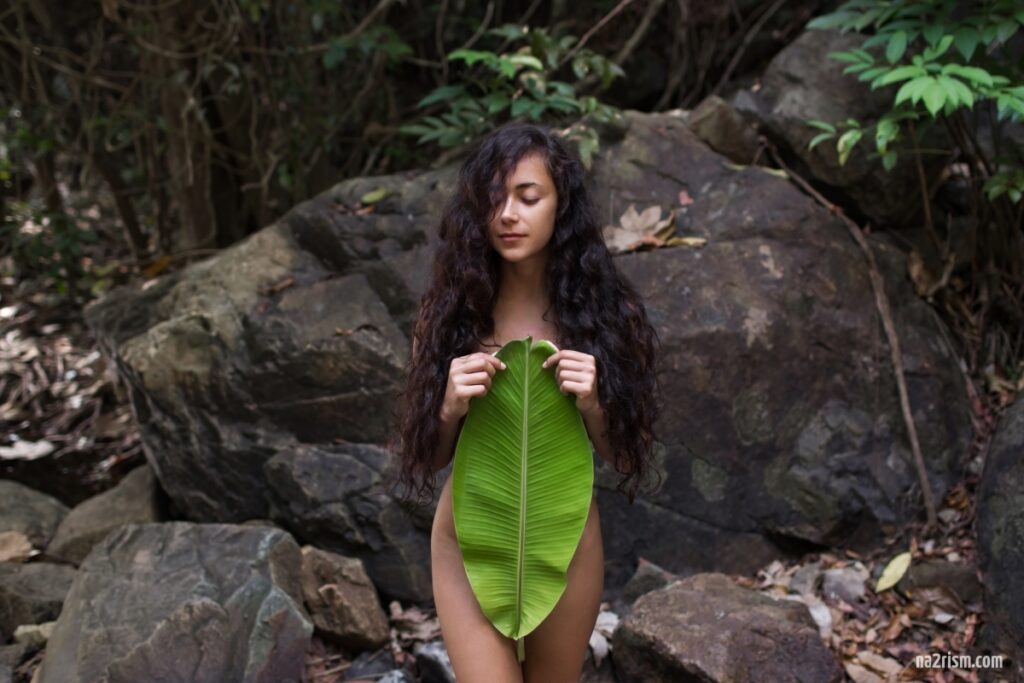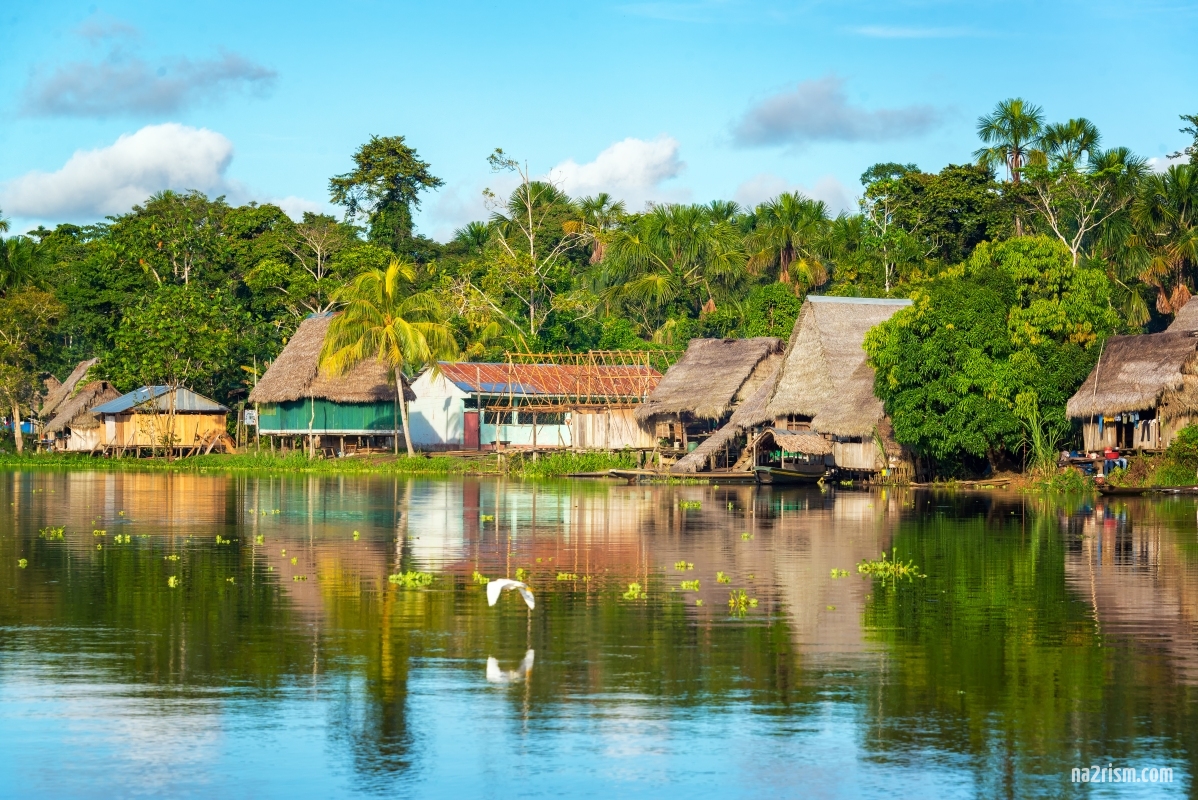Nudity has played a significant role in the cultural practices and daily lives of many indigenous peoples of South America. The diverse tribes and communities across the continent each have unique perspectives and customs regarding nudity, which are deeply rooted in their traditions, spiritual beliefs, and interactions with their environment.
Historically, the indigenous peoples of South America have viewed the human body with a sense of reverence and naturalness that contrasts sharply with the often prudish attitudes found in many Western cultures. For these communities, nudity is not inherently sexual or shameful but is seen as a natural state of being, often linked to their intimate connection with nature and the land they inhabit.
In the Amazon Basin, tribes such as the Yanomami, who reside in the dense rainforests of Brazil and Venezuela, traditionally live with minimal clothing. The Yanomami people believe in living harmoniously with nature, and their approach to nudity is a reflection of this philosophy. Their minimal attire is practical for the humid, tropical climate and also symbolizes their spiritual beliefs. The body is seen as a vessel of life, and covering it unnecessarily would be contrary to their customs. Nudity, in this context, fosters a sense of equality and communal living, where the human form is accepted and respected in its most natural state.
Similarly, the Kayapo people of Brazil have long embraced nudity as a fundamental aspect of their culture. The Kayapo, known for their vibrant body paint and elaborate headdresses, use nudity to express their identity and connection to the earth. Body paint, often made from natural pigments, serves not only as decoration but as a means of protection from insects and the harsh sun. For the Kayapo, nudity coupled with body paint is a form of artistic expression and a way to convey their spiritual and social status.

In the Andean regions, indigenous groups such as the Quechua and Aymara have different customs. While these highland communities are more likely to wear traditional clothing due to the cooler climate, their attitudes towards the body remain respectful and devoid of the taboos seen in many other parts of the world. The human body is celebrated in their festivals and rituals, where dance and traditional costumes often reveal parts of the body as a celebration of life and fertility.
The Guarani people, spread across Brazil, Paraguay, and Argentina, also have a history of living in harmony with nature, which includes a relaxed attitude towards nudity. Traditionally, Guarani children and sometimes adults would go unclothed, especially in warmer climates. Clothing is often seen as a necessity for protection rather than a moral requirement. The Guarani philosophy emphasizes living simply and in balance with the natural world, and their approach to nudity reflects these values.
Colonial influences and the spread of Christianity have significantly impacted these indigenous attitudes towards nudity. Missionaries often imposed Western norms and dress codes, viewing indigenous nudity as sinful or barbaric. This cultural imposition has led to a shift in some communities, where traditional practices have been suppressed or altered. However, many indigenous groups have resisted these changes, striving to preserve their heritage and the natural relationship they have with their bodies.

In contemporary times, the issue of nudity among indigenous peoples in South America intersects with broader discussions on human rights, cultural preservation, and environmental protection. Indigenous activists and communities are increasingly vocal about their right to maintain their traditional ways of life, which includes their customs regarding nudity. These practices are part of their cultural identity and heritage, and there is a growing recognition of the importance of preserving these traditions in the face of modernization and external pressures.
The relationship between indigenous peoples of South America and nudity is complex and multifaceted. It is deeply intertwined with their connection to nature, spiritual beliefs, and cultural identity. Understanding and respecting these perspectives offers a glimpse into a worldview where the human body is seen not as something to be hidden or ashamed of, but as a natural and integral part of life. As global interest in naturism and body positivity grows, there is much to learn from these ancient cultures that have long embraced the natural human form with dignity and respect.

